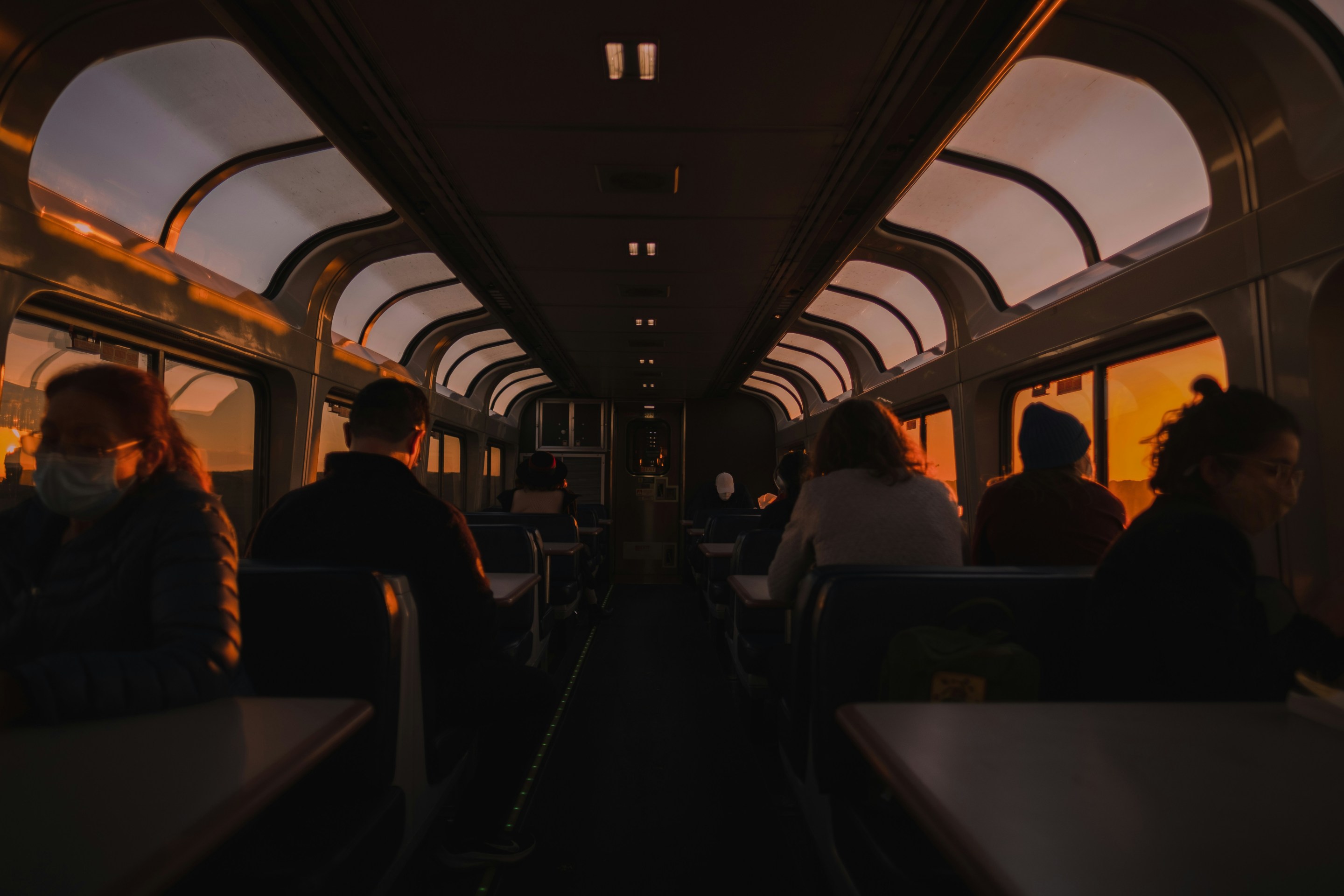Yesterday, Deputy Mayor Dan Doctoroff and MTA President Lee Sander delivered a pair of one-two speeches at the annual meeting of the New York Metropolitan Transportation Council. Sadly, the report I wrote up yesterday afternoon was eaten by my blog software. It was really good too. Much more entertaining than this one. What are you gonna do?
Sander, who is a huge breath of fresh air for the MTA, started off by bantering with Vision42's George Haikalis and some other activist types to whom you can't imagine former MTA president Peter Kalikow even giving the time of day. The meat of Sander's presentation was a long list of multi-billion dollar transit
mega-projects currently planned or underway in New York City. That set
up Doctoroff's speech which , essentially, said: We need all of that stuff. How are we going to pay for it?
It is not clear that Doctoroff has the answer just yet. He hinted that major, regional transportation policy plans were in the works and would be announced as
part of Mayor Bloomberg's Long-Term Planning and Sustainability speech
in April. While it's not clear exactly what specific policy ideas are
coming, one thing is for certain: It's going to be expensive.
Doctoroff wound up the speech by reminding people that the city we enjoy today is here because the generations before us planned for growth and made the tough decisions on how to pay for it:
When we break ground for the Second Avenue, it will be the third ground breaking for the same project. In the past, people have been confident that the money would come from somewhere. So confident that they went ahead and tore down the Third Ave El in anticipation of the Second Ave subway. In short, we need to recognize that the money is going to have to come from somewhere. And if we don't yet know exactly where, it's a good indication that we may not get what we want.
New Yorkers often thank the previous generations who created a street grid for a city of a million, at a time when New York only had a hundred thousand residents; who built a massive Central Park at a time when few lived above 23rd Street; who built a water system with the capacity to last for centuries; and who built the subway system that we rely on today.
But we seldom think about the fact that those New Yorkers made the decision not only to do those things, but to pay for them as well. In all of those cases, New Yorkers argued over who should pay what, but ultimately settled on financing approaches that were based on the principle that those who benefited should contribute.
Those New Yorkers were willing to make sacrifices for the good of the City and to secure their future. Now its our turn. We must be similarly bold and creative as we approach the transportation challenges of the 21st century.





